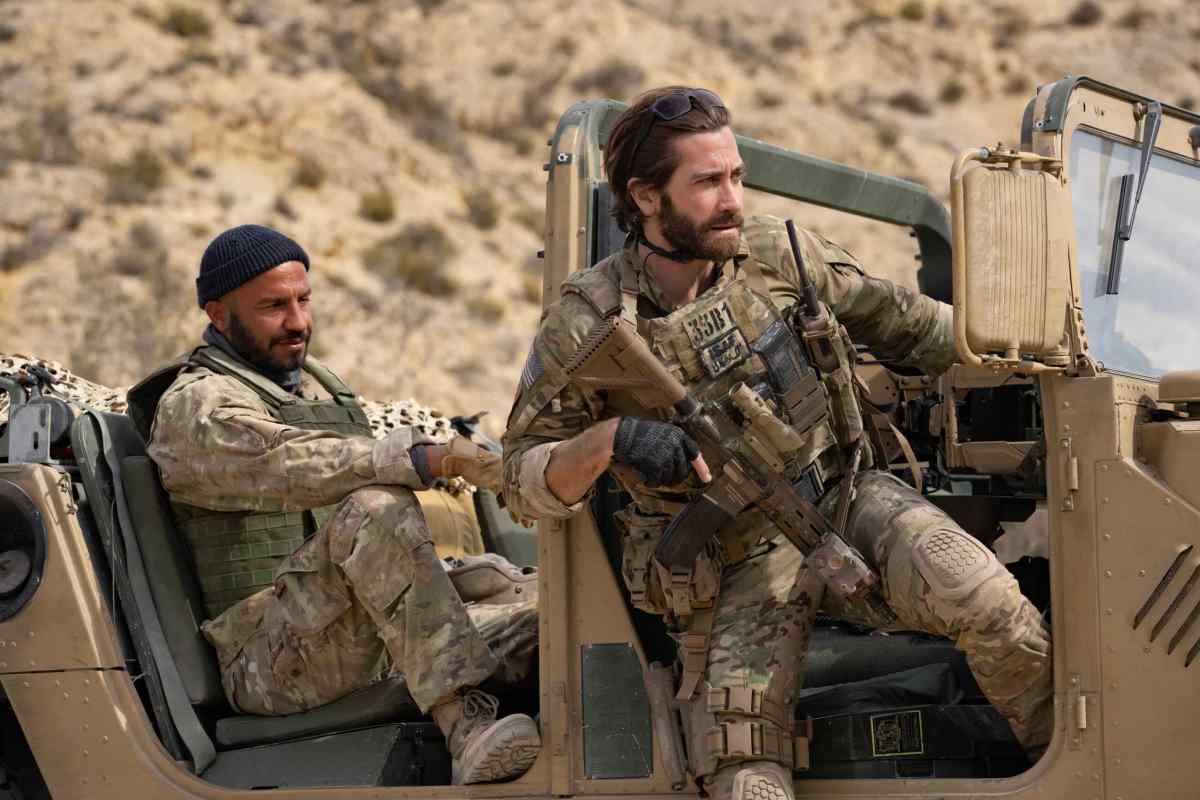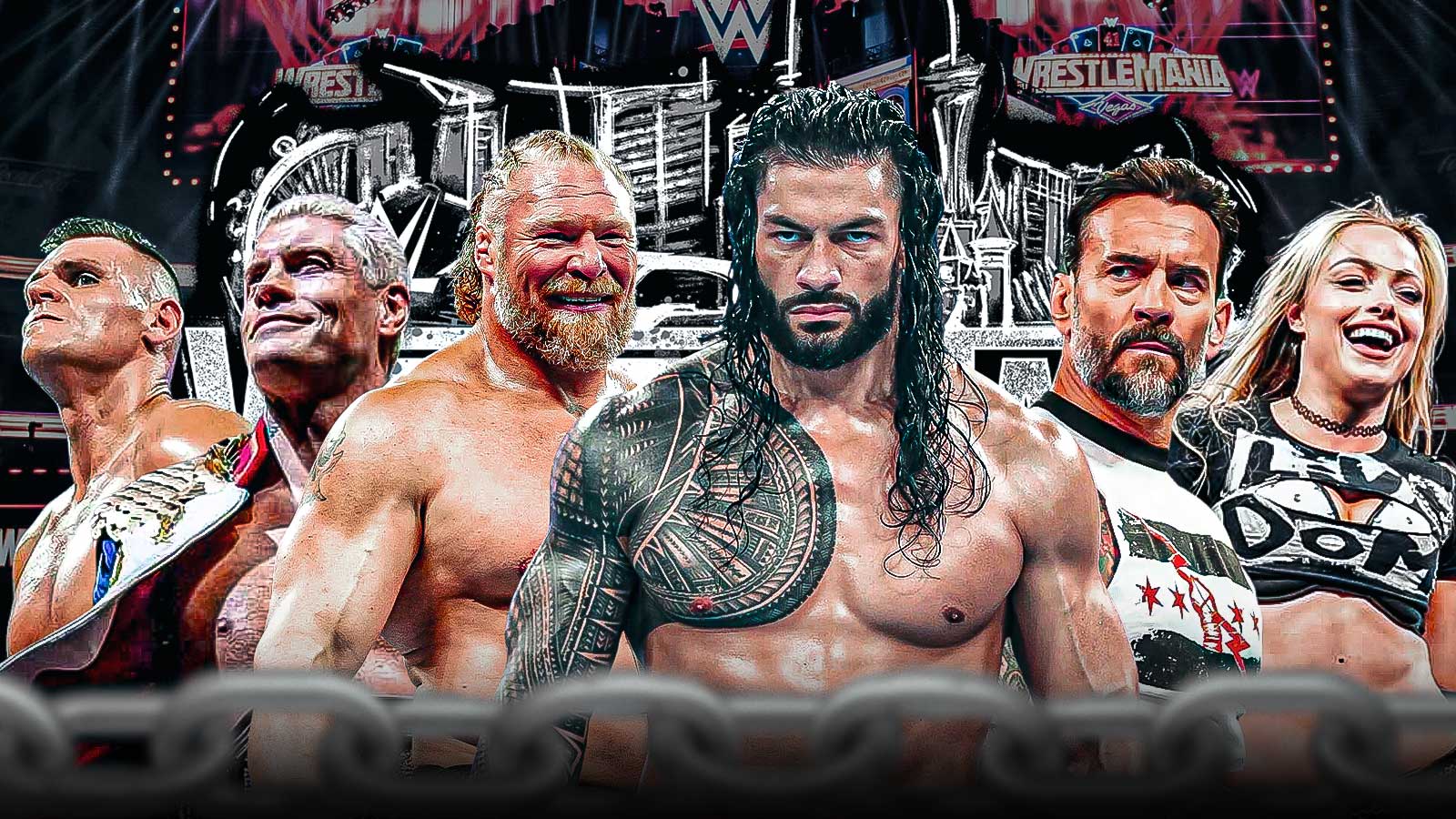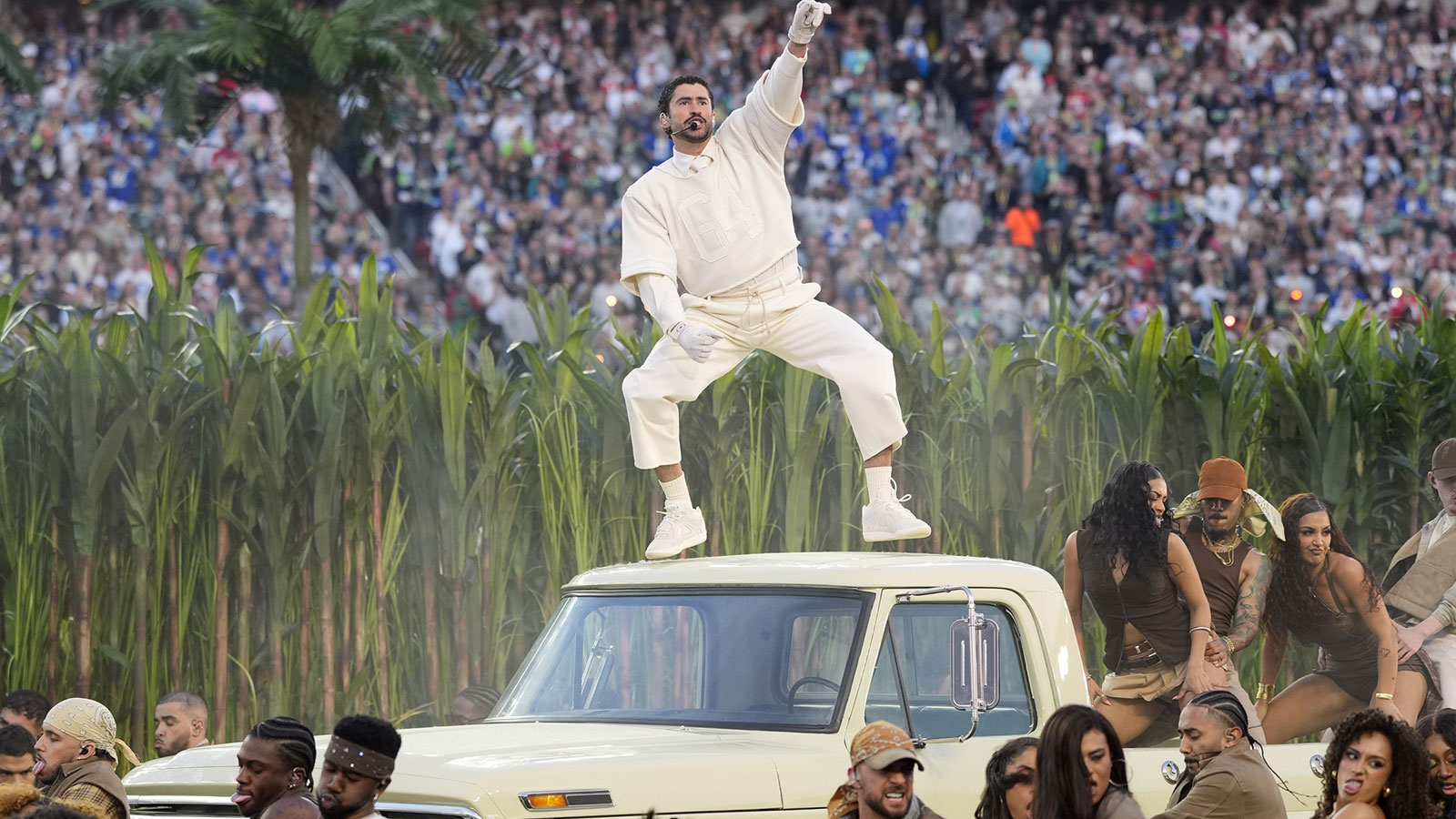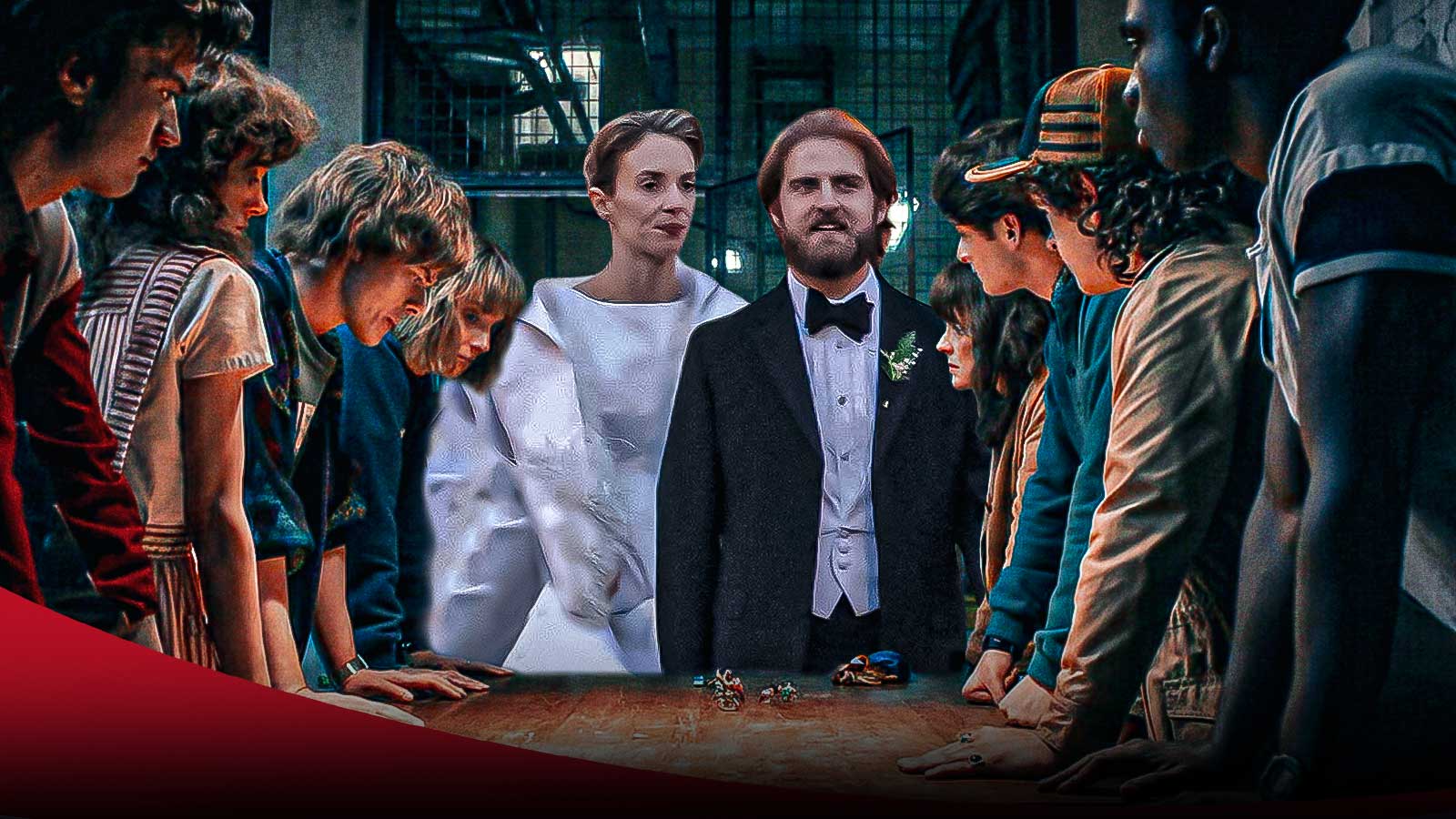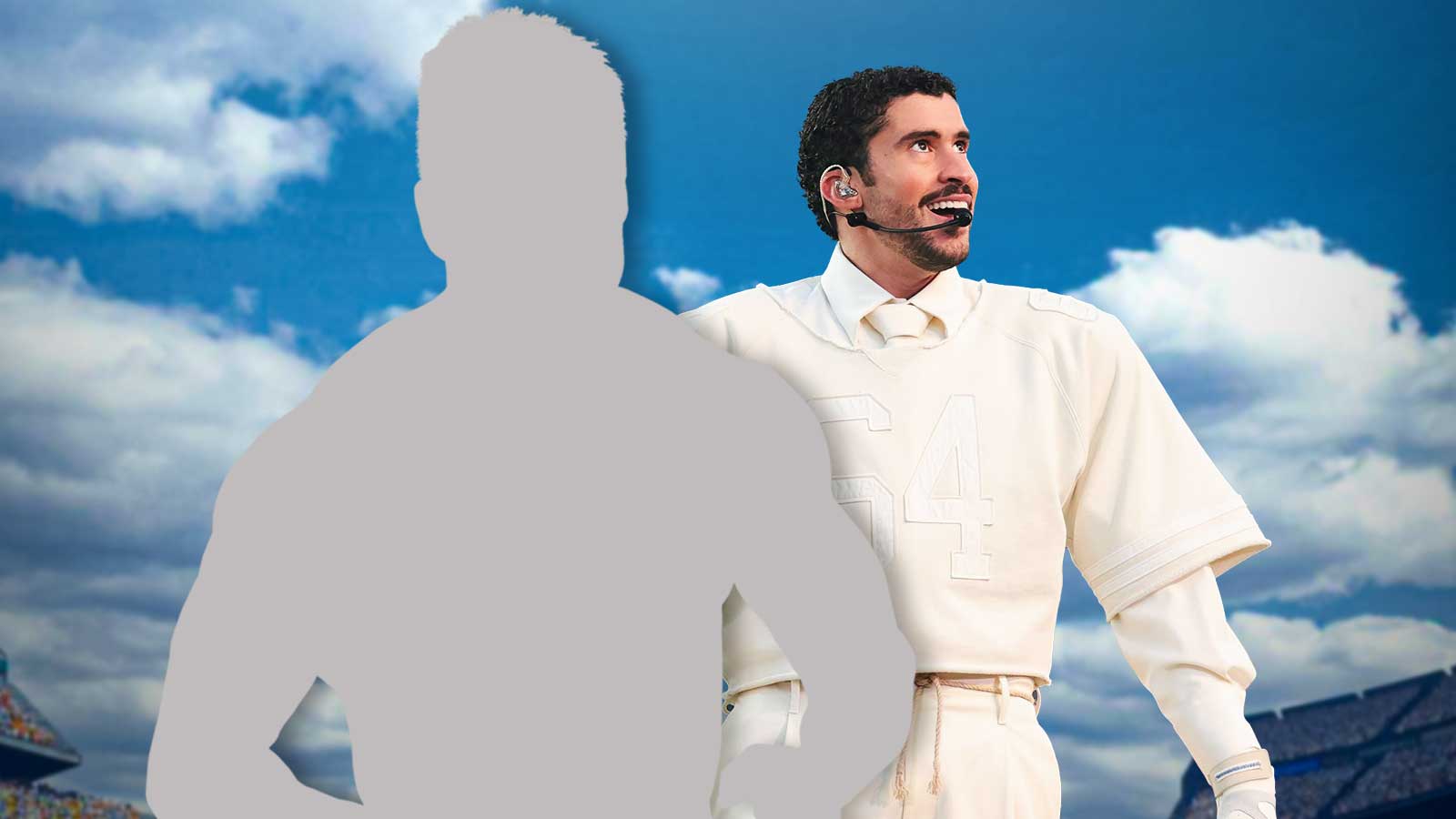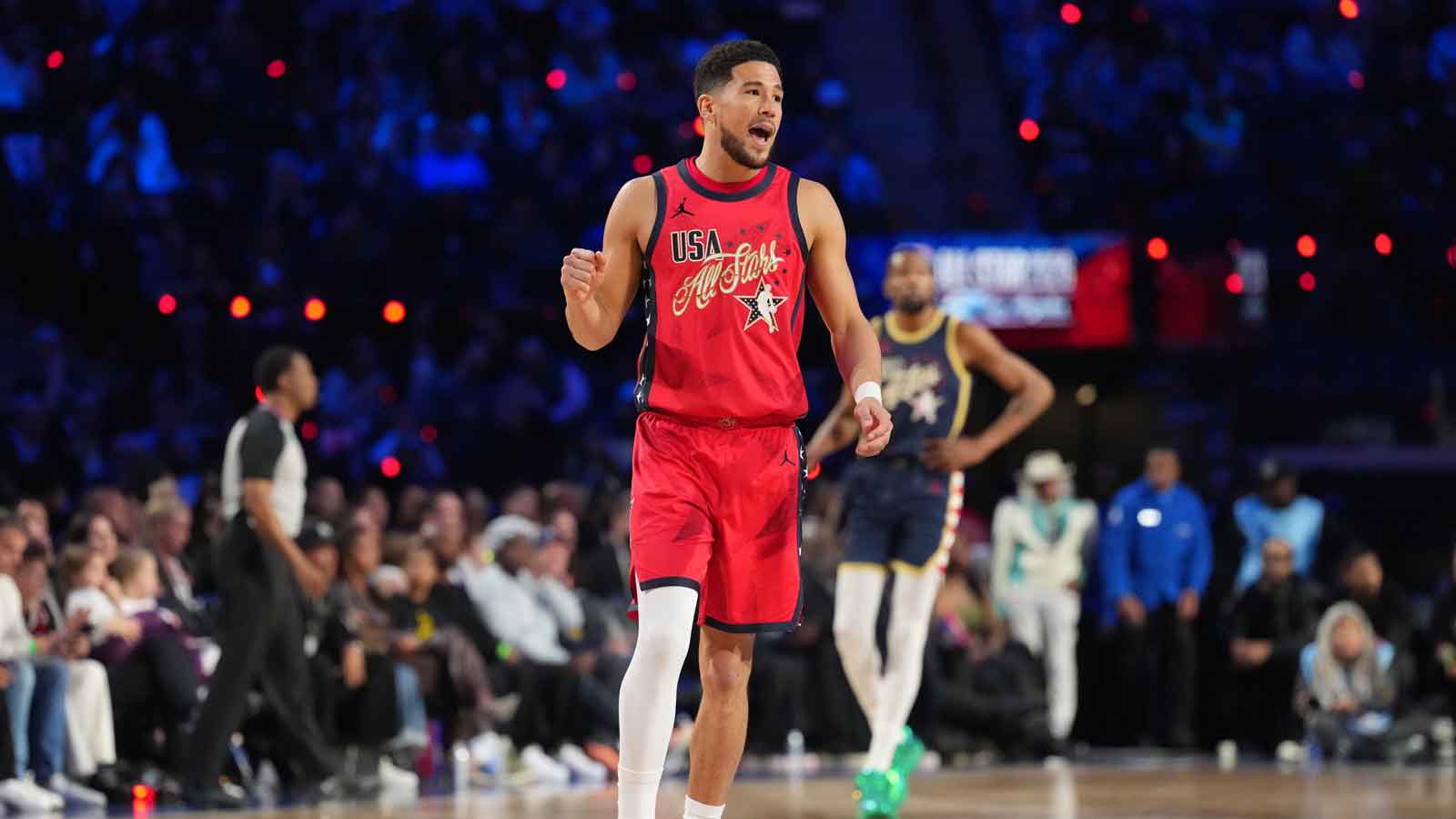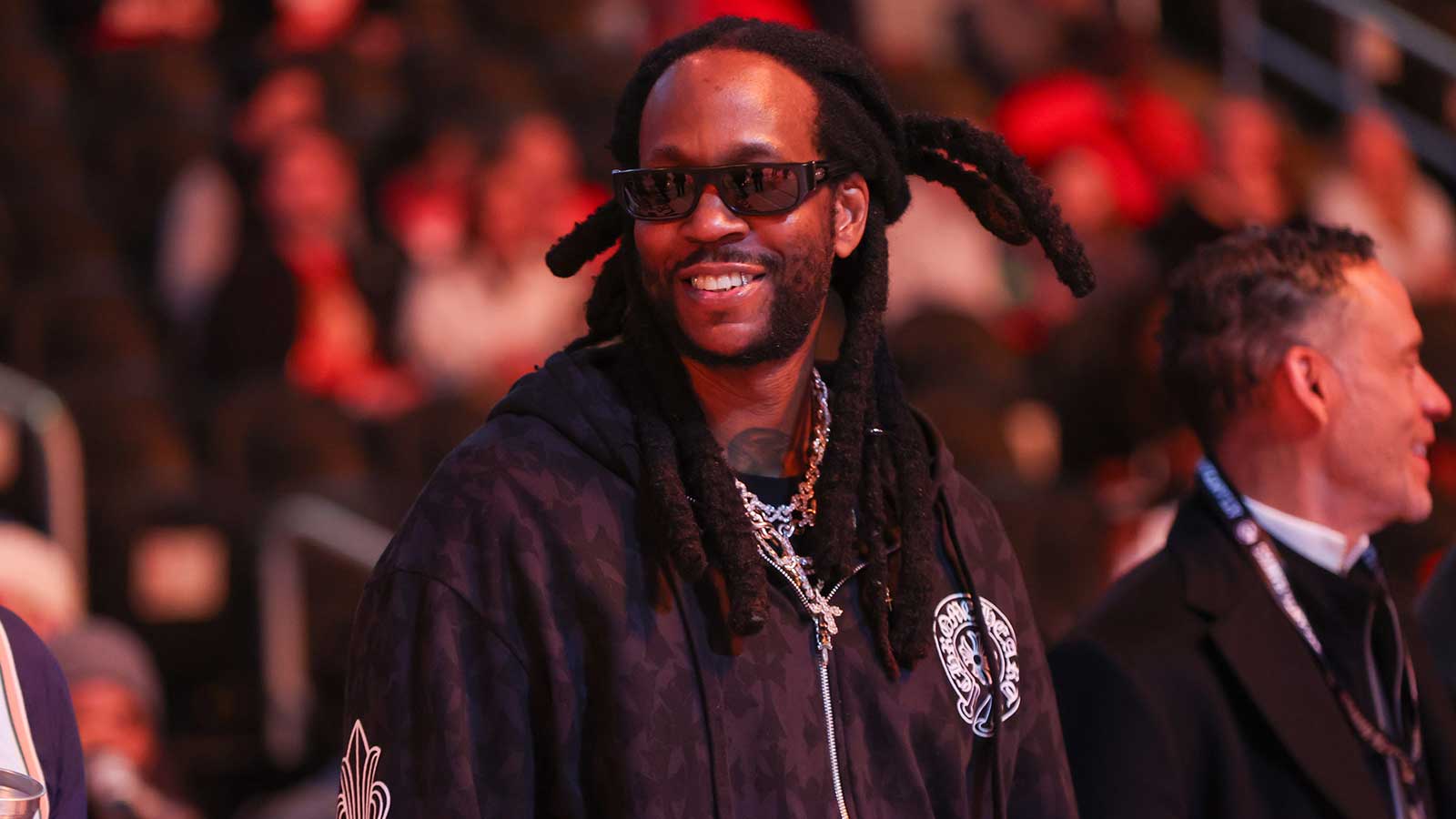If you would've asked me in 2019, I would’ve said that there’s no such thing as too much Guy Ritchie. In 2023, it’s time for a revision of that sentiment. While The Gentleman, Snatch, and Lock, Stock and Two Smoking Barrels remain classics, Ritchie’s recent output has really been hit-and-miss. The Covenant (stylized as Guy Ritchie’s The Covenant), while better than his last two films, is still a case of the parts being greater than the whole — more specifically, two great parts and one so-so.
The Covenant Review
Sergeant John Kinley (Jake Gyllenhaal) is a stubborn but effective sergeant — he’s told at one point to do this mission his way and by whatever means necessary — who's tasked with weeding out IEDs in Afghanistan. He recruits a man named Ahmed (Dar Salim), a local seeking revenge against the Taliban for the death of his son. Ahmed, while stubborn in his own ways, is also a savant of sorts and can smell a rat from a mile away.
But the story of The Covenant is made up of two different extractions (this is all in the trailer). The first is of Kinley after he’s shot and in critical condition — like Leonardo DiCaprio in The Revenant. Ahmed is left with no choice but to attempt to pull off a ruse de guerre and drag him through the desert and as close to the army base while avoiding the Taliban. Once he returns home, Kinley can’t bear the guilt he feels that Ahmed and his family never got their visas that were promised and that he’s living safely while Ahmed is in hiding. Thus, the second extraction is getting him and his family out of there.
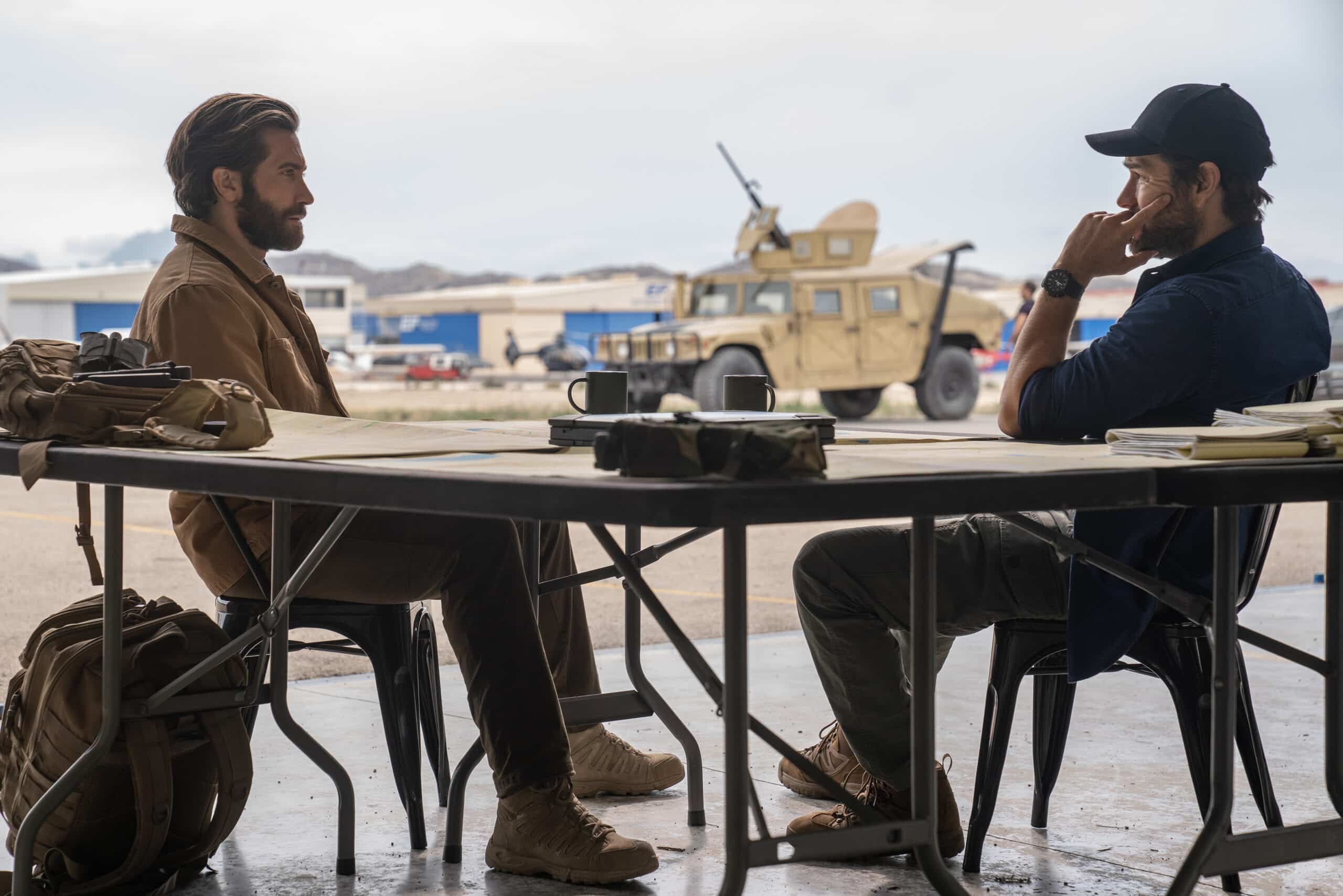
And to give it its due, The Covenant is pretty successful at keeping you on the edge of your seat. Let’s be honest — the escape is the most thrilling part of any chase. When a film has a robbery scene, seeing someone throw a rock to break the glass is not nearly as riveting as the rush to collect the goods and get out is. Unless you’re a great heist film on par with Heat, it can be hard to pull this off.
In the case of The Covenant, you want to see Ahmed saving Kinley or vice versa, not the military politics of it all or commentary about how they treat even high-ranking veterans. It's so exciting because the threats are imminent and you know the stakes. Every time Ahmed stops to take a drink of water, you anxiously await any sort of surprise attack. When the film is really in the trenches like this and we’re following Kinley, Ahmed, and the rest of the crew, it's at its best. The action sequences occasionally infuse Ritchie’s famous camera movements, but the best shot is a wide shot that slowly zooms out to show the scope of the desert that Ahmed is dragging Kinley through. It’s as daunting as the stairs in John Wick: Chapter 4.
And for a film of its scale — The Covenant had a reported budget of $55 million — it looks great. There is that swooping shot, but the action is also framed well, which helps make the film look visceral and real. War films have the benefit of longer-range fights where there's not as much emphasis on the choreography, but it's aided by the sound design which makes every bullet ring. This may be the bare minimum for a war film, but you'd be surprised how many dull war films that lack in these categories there are (sorry, The Tomorrow War).
That said, once the first part of the mission is complete, it feels like the film is reaching a conclusion. Maybe the anxiety caused by watching Ahmed dragging Kinley across the country for whatever chunk of the film's runtime it uses is what causes the film to feel like a full story by the time this arc reaches its conclusion, but there's a (much-needed) cool-down period after this before the third act kicks into gear.
However, the fact that there was an hour-plus remaining from this point on set a bad precedent, because The Covenant genuinely felt like a two-and-a-half-hour movie. It packs a large punch for a 123-minute film, but the middle is where the film hits a screeching halt. Kinley suffers from PTSD and feels guilty about Ahmed being forced into hiding in a subplot that's overdrawn and beats you over the head with its rhetoric. I’m not saying that just breezing over his guilt and throwing him back into Afghanistan was the right choice, but the middle of the film utilizes the same sequence so many times just for his wife, played by Emily Beecham, to approve his plan. It feels like a 25-minute side quest in the middle that could’ve been 10-15 minutes.
Good intentions don't always equal a good result, and Gyllenhaal isn't capable of carrying these specific types of scenes. We know he's talented, but too much rests on his shoulders and it often appears that he's attempting to replicate the eye-popping intensity of Al Pacino in his roles. Unfortunately, that only works in films like Nightcrawler or Ambulance (the latter of which is basically Dog Day Afternoon on wheels, to be fair) without the subtlety that Pacino can channel. Gyllenhaal is a fine actor, even here, but there’s a discrepancy between him and the likes of Mahershala Ali or his Prisoners co-star Hugh Jackman.
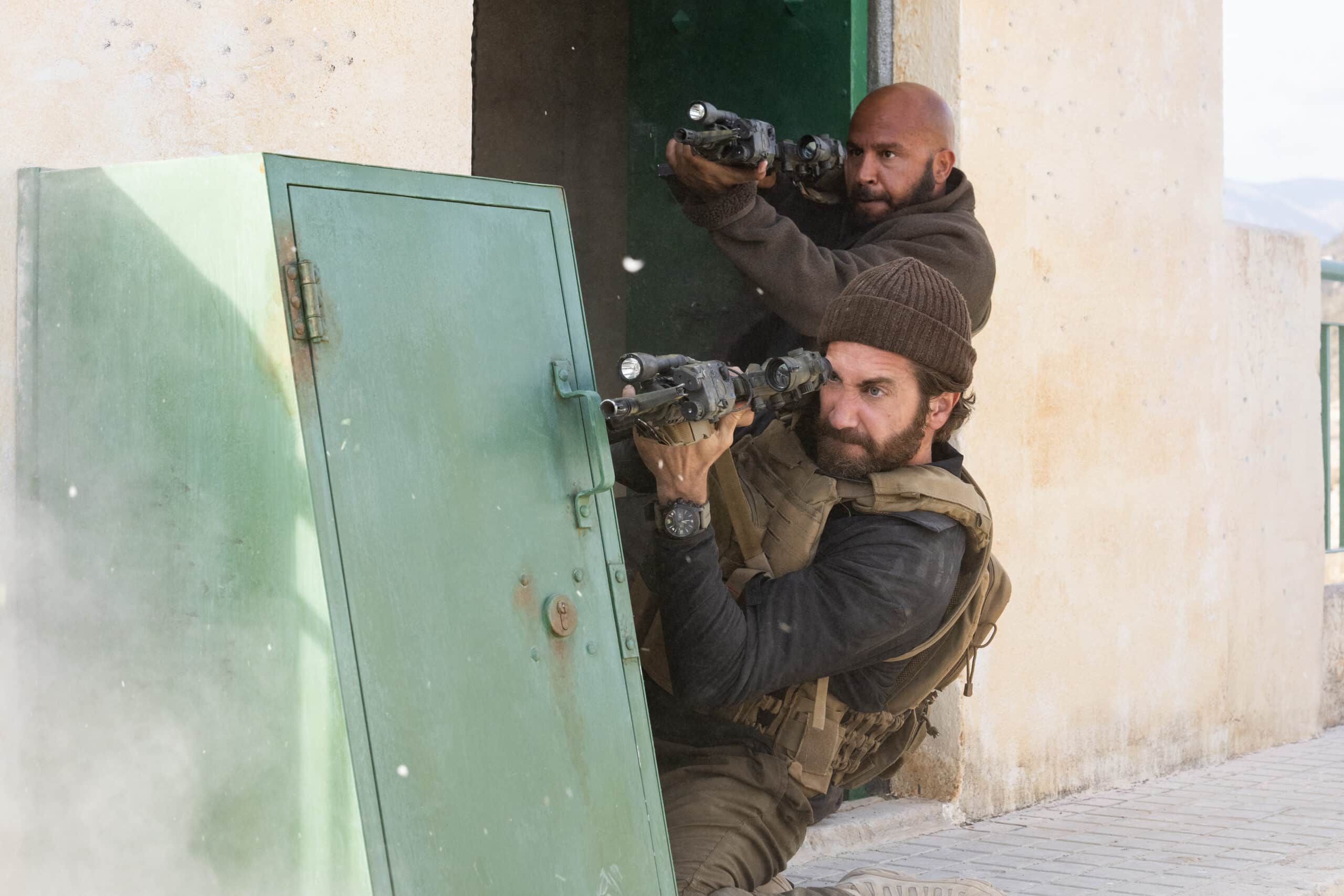
Maybe it’s more of a writing issue — more background about Kinley the man and the soldier would’ve gone a long way instead of just having him be the stubborn Sergeant. Instead, you are left with a bare-bones family connection and the constant affirmation that he’s a no-nonsense badass with very little to prove it.
Salim, on the other hand, plays his role perfectly. Early on, the viewer has to learn to trust him just as Kinley does. It’s not that he seems shady, per se, but the sureness in his instincts (that often end up being right) makes you question whether he knows more than he lets on. They make for a good pairing, but Salim gets a large portion of the film to himself once he’s transporting Kinley. That’s a big swing to take with a relatively unknown actor, but it pays off.
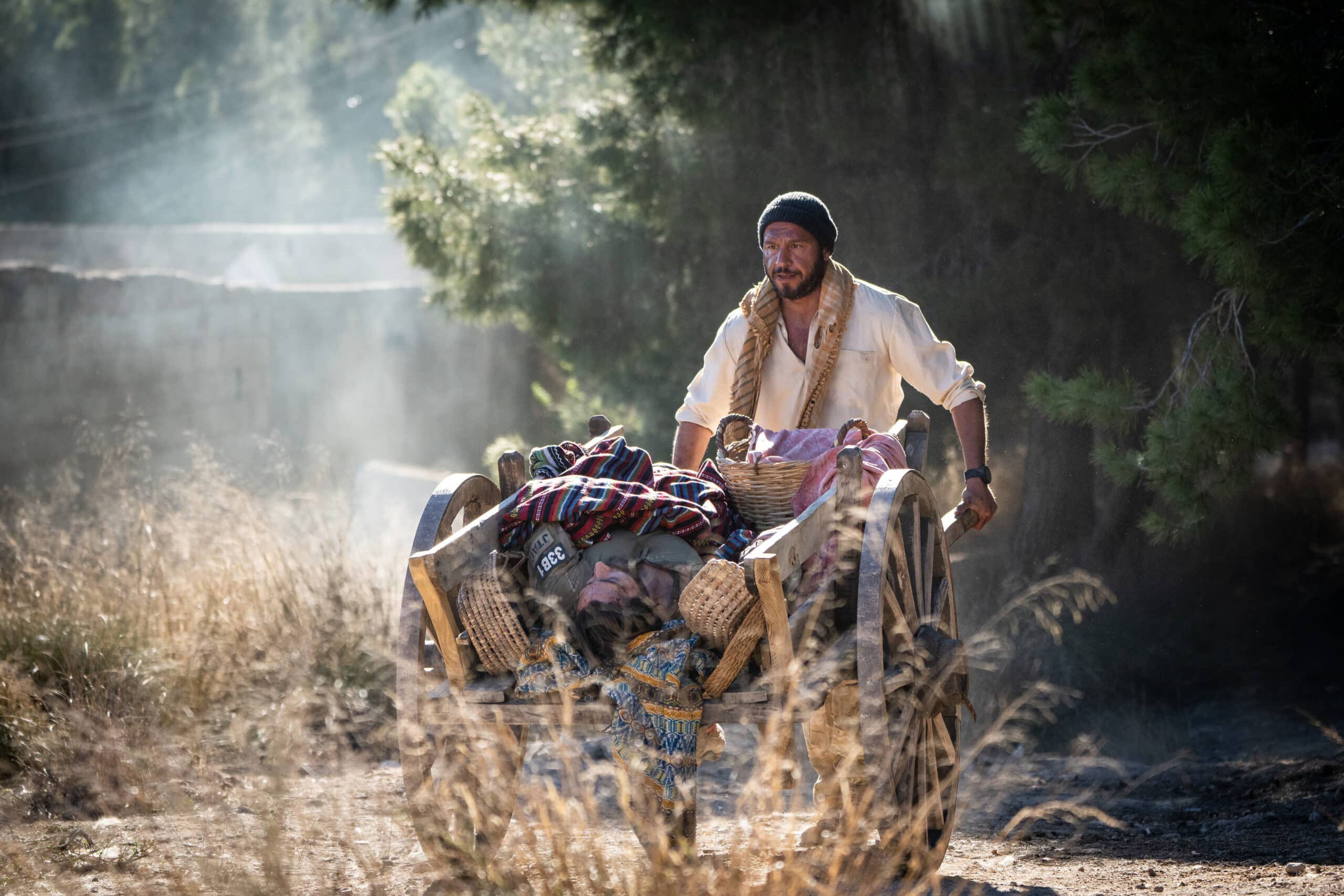
At the end of the day, you do have to give credit to Ritchie for going with a drastically different tone than his other work. When you think of him, you likely think of fast-talking crime films like Snatch, but never has he done a war film. And this venture into a new genre is far and away better than his attempts at spy films (his adaptation of The Man from U.N.C.L.E. was passable at best) or epic fantasy (King Arthur: Legend of the Sword) because he’s not afraid to make a somber and dramatically effective film and resisted any urge that he could have had to make this feel like a Guy Ritchie film. (There’s some humor, but it’s mostly the soldiers riffing on each other and some sarcastic one-liners here and there.)
Should you watch The Covenant?
Look, if you’re a fan of Guy Ritchie's work, you’ll be relieved that The Covenant is his best film since The Gentlemen — though Wrath of Man being your bar to clear doesn’t say a whole lot. Led by a great performance from Dar Salim, it’s an effective thriller when the mission is in full swing, but it's a surface-level story with a middling second act that does weigh it down. You’ll be begging Jake Gyllenhaal to begin his mission after a few short minutes.
Grade: C+
Guy Ritchie’s The Covenant will be released on April 21.

